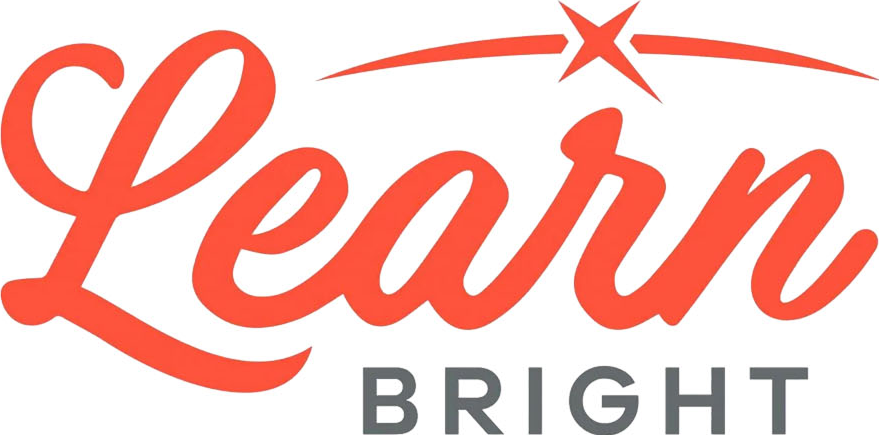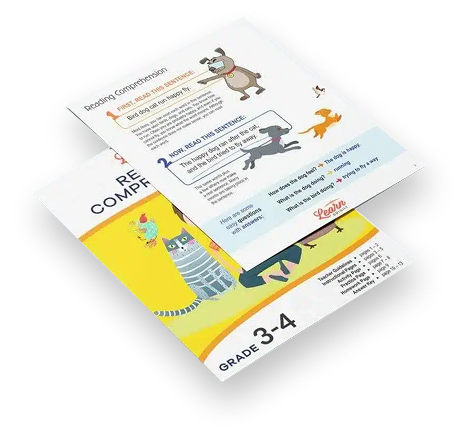Description
What our Dinos A to Z: Geologic Time lesson plan includes
Lesson Objectives and Overview: Dinos A to Z: Geologic Time is a high-interest reading comprehension lesson plan. As such, students will practice various close reading and comprehension skills. In addition, they will learn about geologic time as it relates to dinosaurs. This lesson is for students in 2nd grade, 3rd grade, and 4th grade.
DINOS A TO Z: GEOLOGIC TIME LESSON PLAN CONTENT PAGES
What Is Geologic Time?
The Dinos A to Z: Geologic Time lesson plan contains one content page. It’s hard to imagine that the earth is around 4.5 billion years old! How do scientists know how old Earth is? Great question! A particular type of scientist studies the earth. We call that scientist a geologist. A geologist studies the earth’s surface and what it is made of. They are part of the branch of science you know as geology, which means the study of rocks.
Rocks have been around since Earth first formed. Geologists compare Earth’s rocks to rocks gathered from space, like meteorites or the moon. Using special equipment, they can determine how old rocks are. Fossils are also helpful. Fossils are the remains or traces of plants and animals that lived long ago. Another branch of science studies fossils. It is called paleontology (pay-lee-un-tall-uh-gee).
The earth’s geologic events are recorded in rocks and fossils. We call this geologic time. Layers of rocks have accumulated over the billions of years the earth has been around. The oldest rocks are found in the bottom layers. The newest are on the top. Scientists organize Earth’s history through the geologic time scale. Why is this important?
What Fossils Say
Clues from fossils and rocks tell scientists that dinosaurs lived in the Mesozoic (mess-uh-zoh-ick) Era, when reptiles dominated the earth. Scientists also call the Mesozoic Era the “Age of Dinosaurs.” It divides into three periods: Triassic, Jurassic, and Cretaceous. Dinosaurs became extinct at the end of the Cretaceous period. Next came mammals in the Cenozoic Era.
Rocks and fossils contain history. Scientists can learn how the planet changes over time. Geologic time helps explain the time when the earth was molten rock. It was too hot for life. It explains everything from the first dinosaurs to humans in the present! Scientists can use this information to predict what changes might happen in the future.
DINOS A TO Z: GEOLOGIC TIME LESSON PLAN WORKSHEETS
The Dinos A to Z: Geologic Time lesson plan includes two worksheets: an activity worksheet and a practice worksheet. Each one will help students solidify their grasp of the material they learned throughout the lesson.
FOSSILS ACTIVITY WORKSHEET
For this activity, students will use what they learned in the lesson plan to explain what fossils are and where people find them. They will use the blank lines below the pictures. They will then draw their own fossil in the box at the bottom of the page.
REVIEW PRACTICE WORKSHEET
The practice worksheet requires students to answer a series of 5 questions. These questions all relate to the content pages, so students will need to refer to them for the answers.







